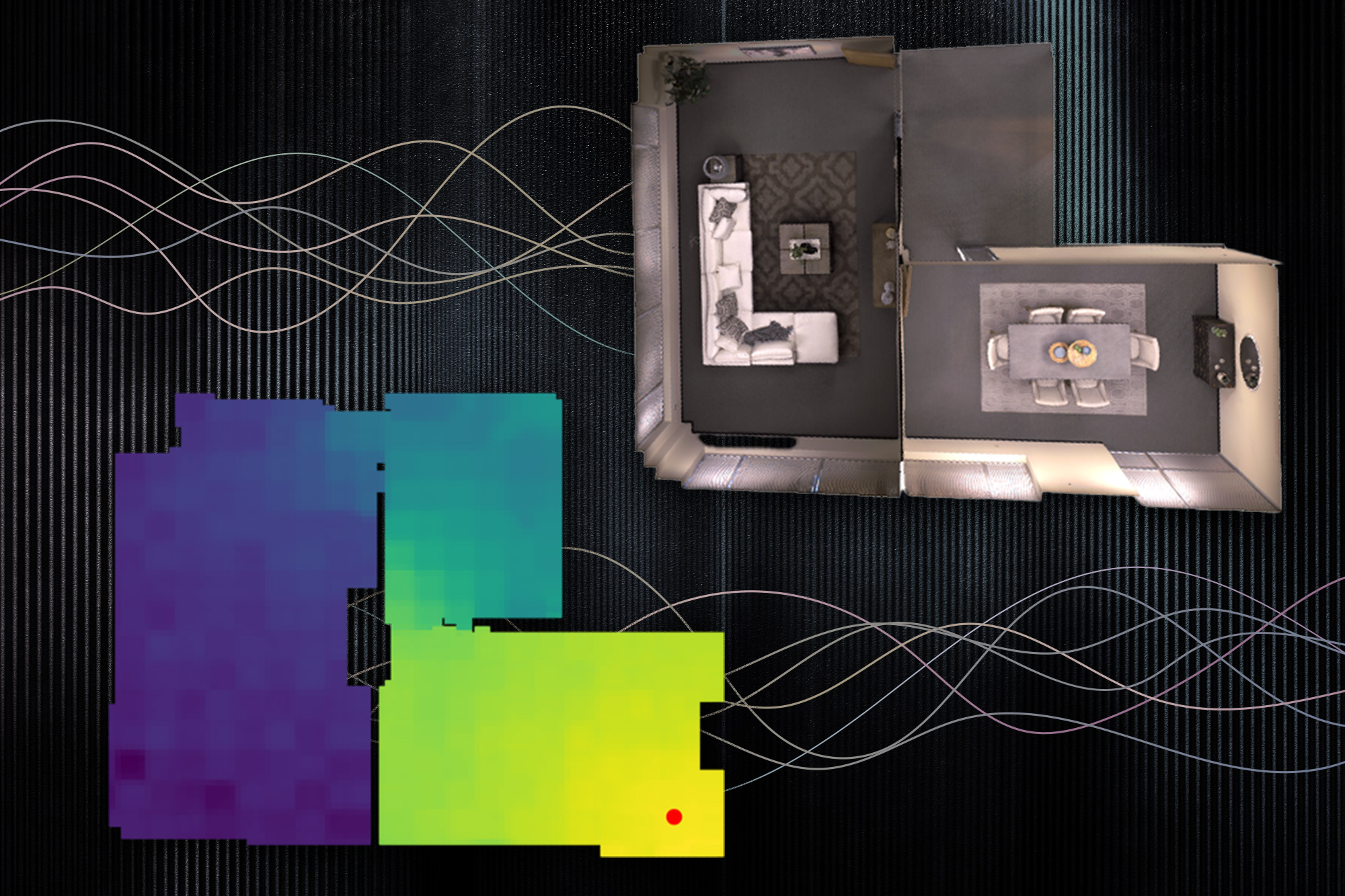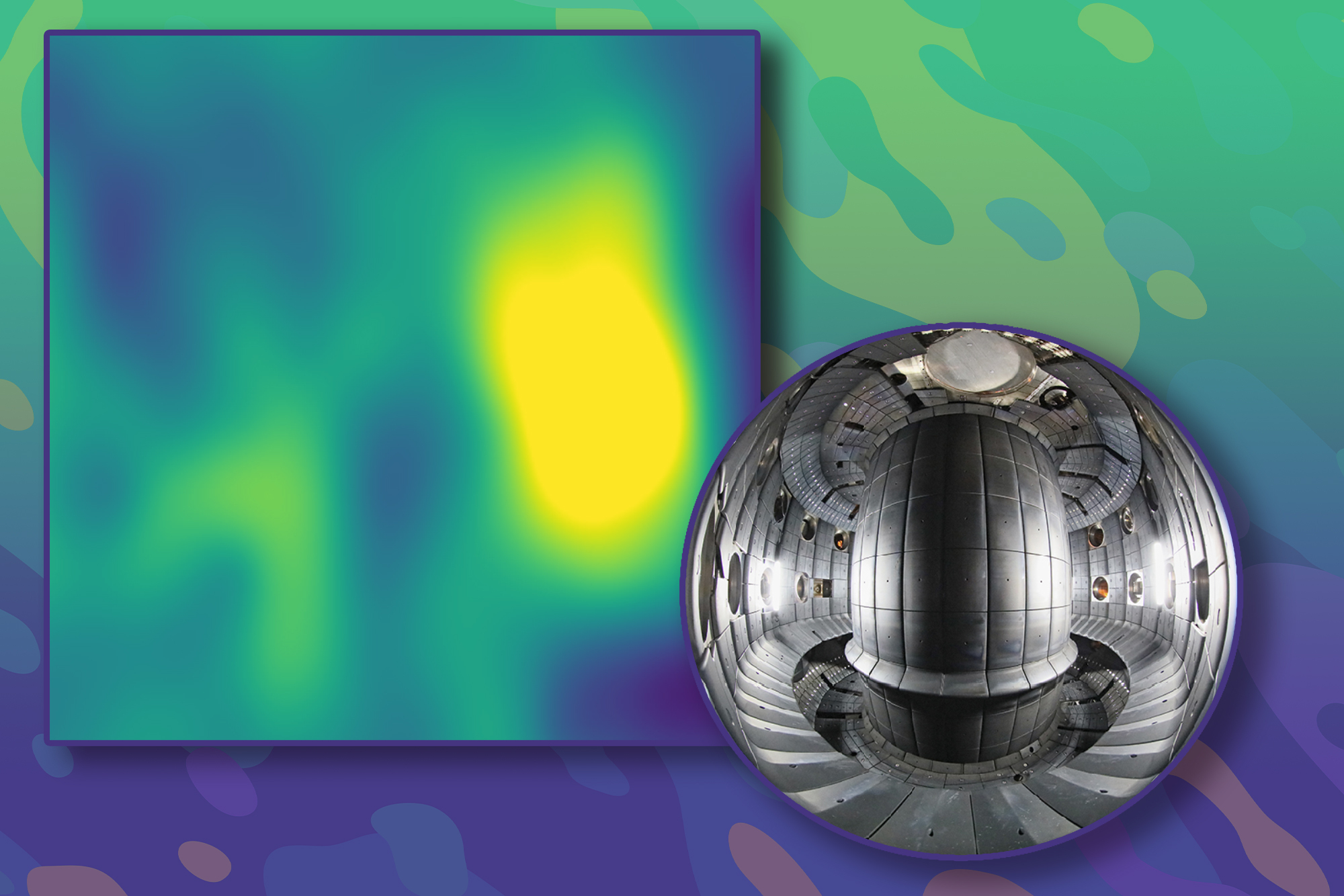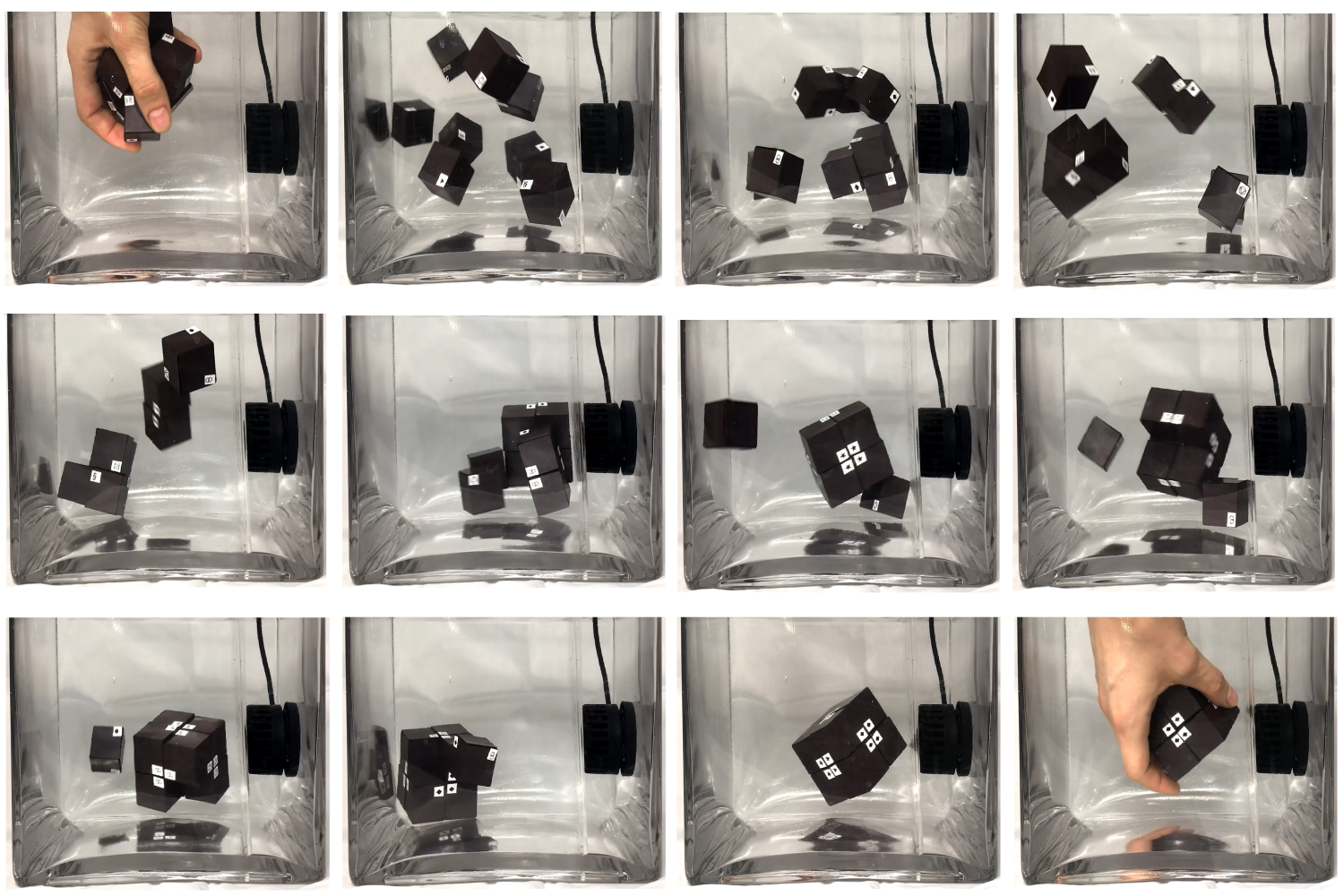Busy GPUs: Sampling and pipelining method speeds up deep learning on large graphs
New technique significantly reduces training and inference time on extensive datasets to keep pace with fast-moving data in finance, social networks, and fraud detection in cryptocurrency.
Nov. 29, 2022 • ~11 min










